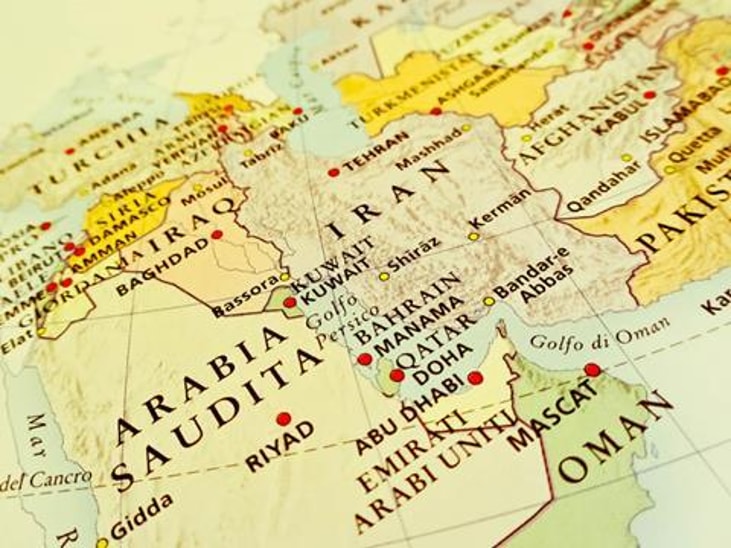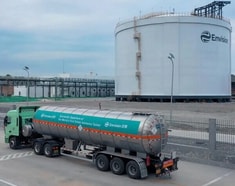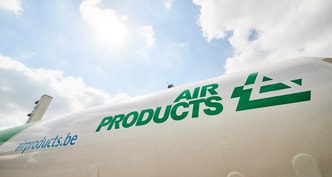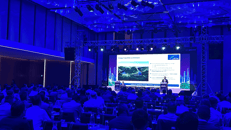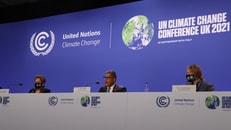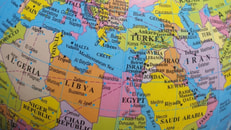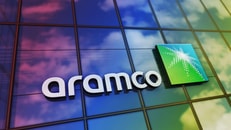Aramco and Gulf Cryo to test low-carbon hydrogen and CCU at SPARK
Aramco and Gulf Cryo have joined forces to establish a testing facility for lower-carbon hydrogen and carbon capture and utilisation (CCU) technologies at the King Salman Energy Park (SPARK) in Saudi Arabia.
The partnership will see Aramco’s newly developed technologies tested at Gulf Cryo’s recently launched Applications and Technologies Center (ATC) in SPARK. The pilot and pre-commercial scale assessments are intended to advance these technologies towards broader deployment, aligning with Aramco’s Net Zero goals for Scope 1 and Scope 2 greenhouse gas emissions from its wholly owned operated assets by 2050.
“This collaboration is important in advancing our early-stage technologies to the next phase of development, which will help create a local ecosystem for accelerating technology deployment leveraging in-kingdom talent and infrastructure,” said Ali A. Al-Meshari, Senior Vice President of Technology Oversight and Coordination (TOC) at Aramco.
Eng. Abdulsalam Al-Mazro, Vice Chairman of Gulf Cryo, added, “We are very delighted to inaugurate the works of our Applications and Technologies Center with Aramco. The project will leverage the capabilities of our Centre to deliver groundbreaking lower-carbon hydrogen and decarbonisation solutions, tailored to the unique needs of Aramco.”
... to continue reading you must be subscribed

